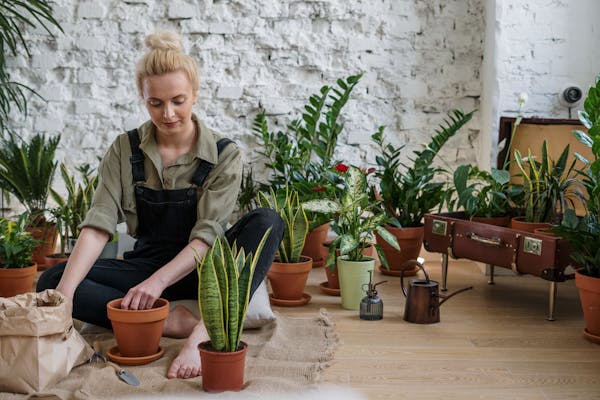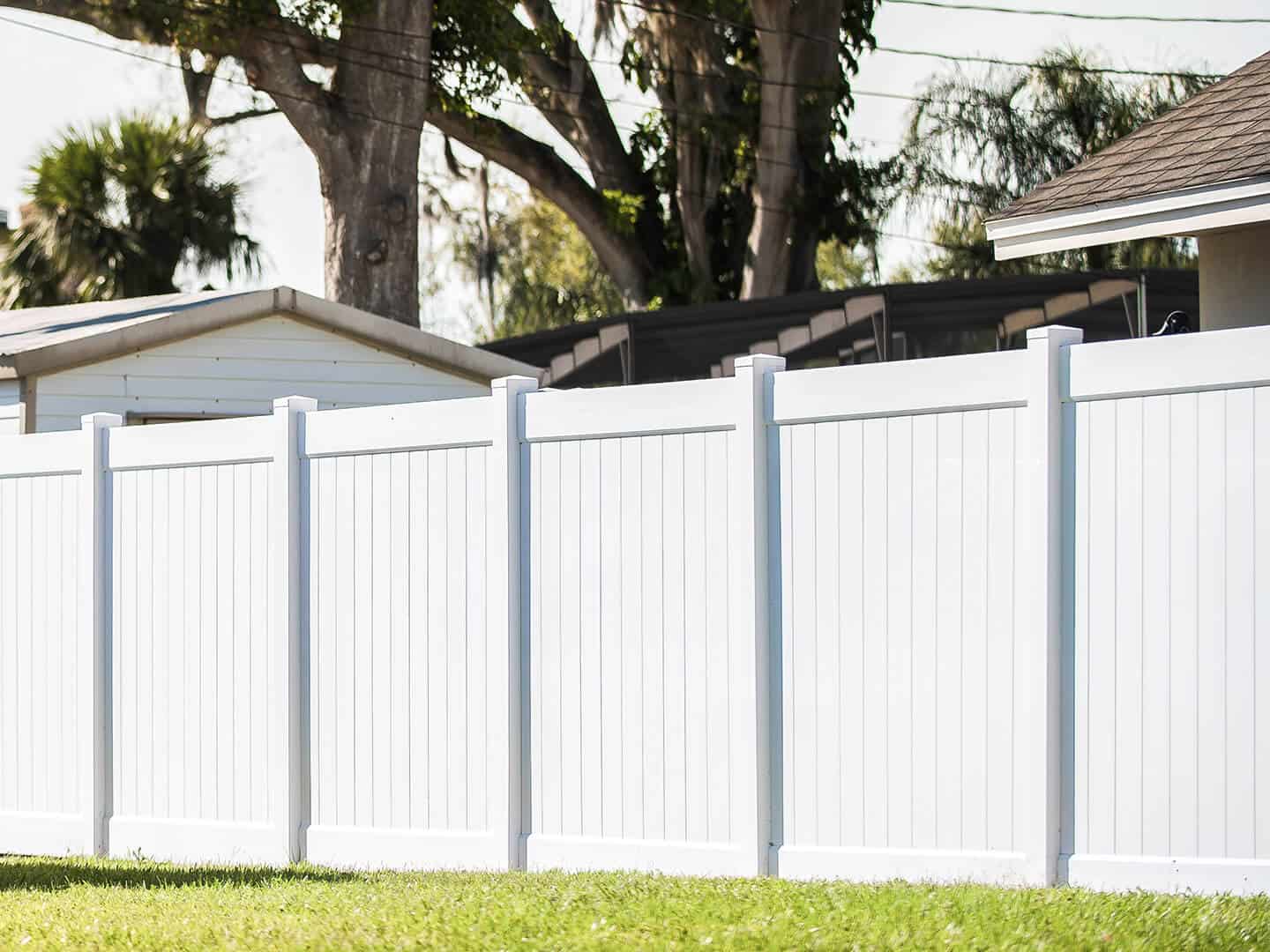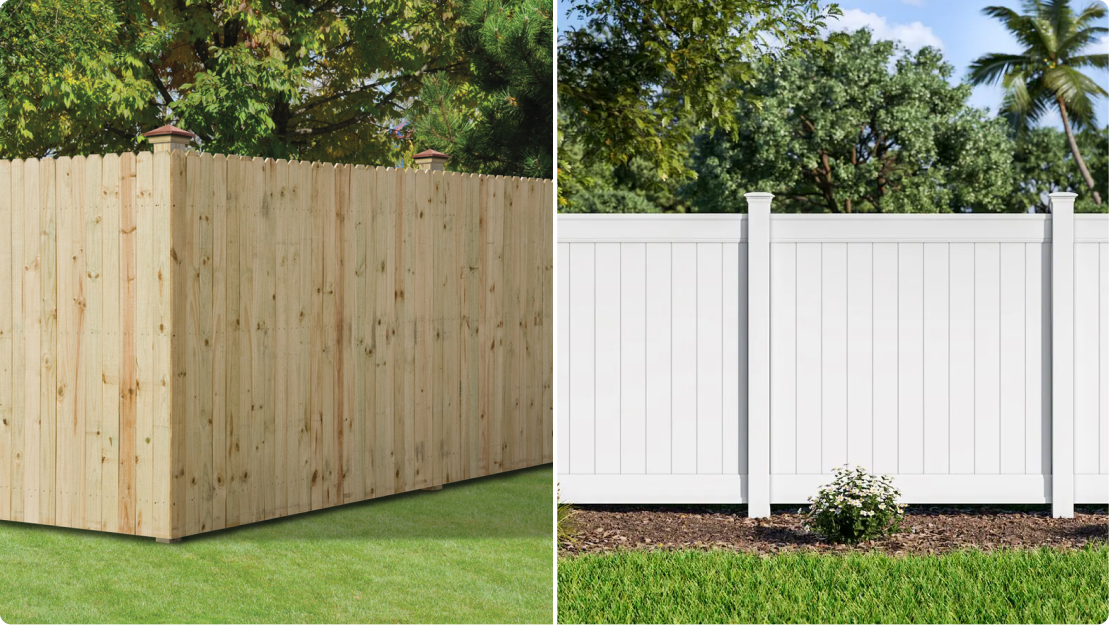Drop the garden: This Ann Arbor group will plant indigenous gardens for absolutely free
ANN ARBOR, MI — Vera Irwin doesn’t fully grasp grass.
That is, she doesn’t have an understanding of why any individual would want a lawn whole of it.
“It’s not pretty,” stated Irwin, of Ann Arbor. “It involves servicing for absolutely nothing. It’s your Saturday, Sunday. Why would you get on your tractor and make absolutely sure you have brief grass?”
Irwin isn’t by itself. She’s just one of 57 individuals who had gardens of native plants put in or supported by Adapt: Group-supported Ecology previous yr.
Adapt, started and directed by William and Nell Kirst, is an Ann Arbor-primarily based volunteer corporation that installs indigenous plant gardens in people’s yards for free.
“If we’re only undertaking restoration on publicly-owned land, that’s not likely to be more than enough,” Nell Kirst stated.
The pair launched Adapt in November 2019 and put in its 1st garden in Might 2020. In addition to Ann Arbor, Adapt also operates in Ypsilanti, Grand Rapids, Manistee and Canton and has ideas to plant all-around 40 gardens this drop.
Adapt will plant nodding wild onion, butterfly milkweed, hazelnut trees, oak trees, serviceberry, Penn sedge and much more to support pollinators, soil health, insect populations and other wildlife.
The planting products and services are free for the reason that William Kirst explained he doesn’t want there to be a prosperity barrier to sustainability.
“This details can not just be siloed amid these who are wealthy and educated,” he claimed.
Gardens are created to fit “the ecosystem that is meant in the house, William Kirst mentioned.
Irwin’s back garden, a small patch upcoming to her driveway, is stuffed with milkweed, oak sedge, mountain mint and tiny bluestem, amid other people. She’s also doing the job on generating a different indigenous backyard garden in her yard. Indigenous plants currently there have attracted a wide variety of wildlife, like deer and foxes.
“So yeah, we did get influenced,” Irwin claimed.
Chris Oesterling, proprietor of New Leaf Natives in Ypsilanti, reported the need for vegetation native to the Midwest has developed considering the fact that he first opened his indigenous plant nursery in 2016.
“I believe persons are studying extra and extra about our ecosystem,” Oesterling claimed.
New Leaf now grows far more than 200 species native to the Midwest and has ideas to broaden to a 50-acre procedure.
Indigenous vegetation are very good for pollinators, as properly as water administration and soil wellness, Oesterling said. They also make for gardens that do not have to have as substantially human enter. They are adapted to our problems.”
Although some favor native plant gardens for the reason that of the ecological advantages, other folks want to mature them since they can be useful.
Elizabeth Jennys, of Manchester, claimed she initial turned fascinated in indigenous gardening when her family members moved into their latest dwelling.
“As I was pulling weeds from our entrance flower beds, I acquired curious,” she mentioned. “I discovered that fairly considerably all the vegetation that experienced sprouted up in my flower mattress had some type of use.”
Now, Jennys is working on a indigenous plant container backyard garden and has options to use pollinator-helpful bouquets in her landscaping, this sort of as popular mallow, which can be made use of to thicken soup feverfew, recognized for its means to cut down a fever and complications and dandelion, which is edible.
“It’s a further way – ideally, eventually – to get far more of our food stuff with no expending power,” Jennys claimed.
Elizabeth Smith, who acquired her Ypsilanti home very last July, explained she’s been slowly and gradually reworking her garden into a “no-mow scenario.”
“It’s a approach,” she said.
Smith presently has strategies to get the job done with Adapt to put in a indigenous backyard. She very first grew to become fascinated in native plant gardening following boosting monarch caterpillars all through the COVID-19 pandemic and has put in milkweed and butterfly weed.
“Native plant gardening is a little more hands off and additional satisfying,” Smith claimed.
The relevance of gardening with indigenous vegetation, somewhat than imports, is growing, Nell Kirst stated.
“In Ann Arbor — and all of Michigan, genuinely — (the) expanding ethos (is) that gardens should really be for restoration,” she claimed, adding that Adapt is performing “to push the boundaries of what is culturally acceptable” for native gardening.
Aspect of that mission is encouraging a shift in how individuals method gardening, William Kirst explained.
“Anyone can plant all the garden they want, but if we’re not reaching out, there is not likely to be a broader cultural shift,” he claimed. “We’re shifting hearts and minds.”
It is a attitude he pulls from a preferred thinker, Daniel Schmachtenberger, who reported adjust in lifestyle will come from people today participating in direct motion.
“I believe restoring of the ecology of the house all-around you is a person of these issues,” William Kirst reported. “It does not choose much too several individuals all around you undertaking some
thing very good for you to want to do a thing superior.”
Read through far more from The Ann Arbor News:
Wildfire on Michigan’s Isle Royale carries on to burn off soon after 20 days
McDonald’s could shut down indoor dining as Delta variant surges
Slide is an wonderful season for Michigan birdwatching. Here’s why, and the place to go








